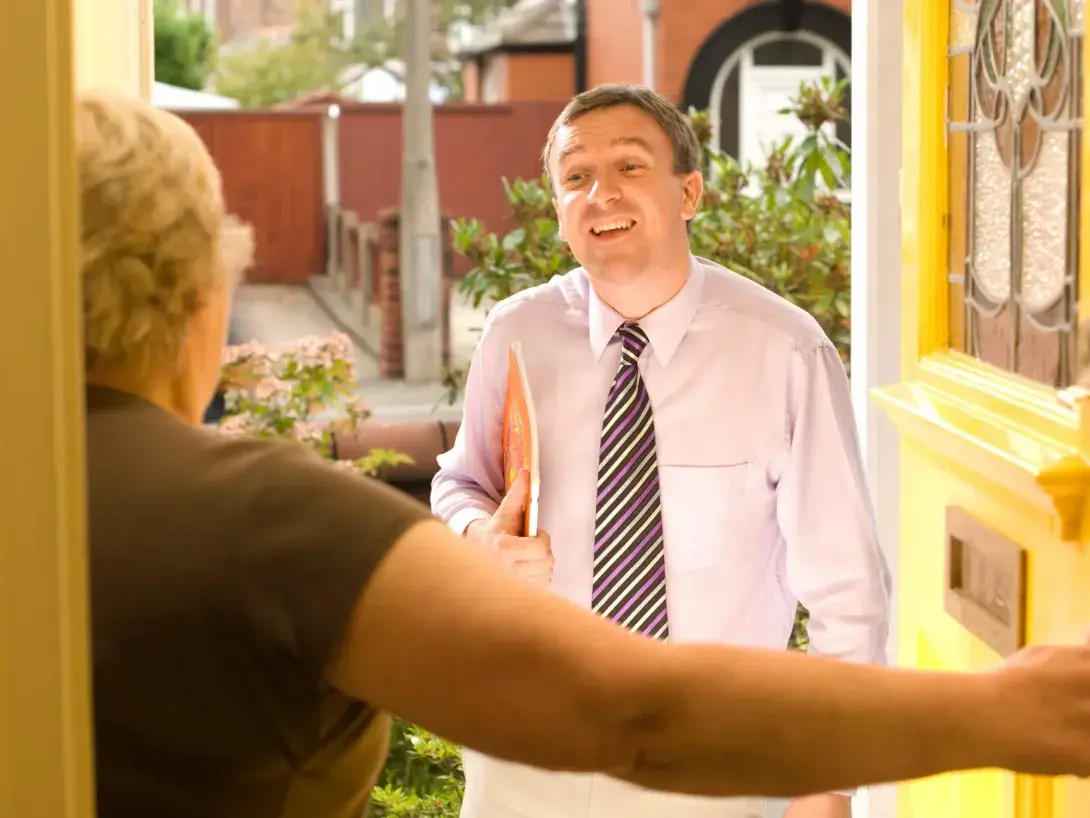
The insurance market has become increasingly volatile in the US in the recent past, resulting in inflated premiums across all insurance products.
In the past few years, natural disasters and political unrest have decreased the risk appetite among providers throughout the US causing rising rates, says Ken Gregg, CEO of Orion180, a homeowners insurance provider serving independent agents in the southeastern US.
Florida, in particular, is seeing some of the highest homeowners insurance rate hikes and the largest number of policy nonrenewals in the nation. According to data from S&P Global Market Intelligence, by mid-April, Florida’s residential insurance market will see a cancellation of approximately 37,000 policies.
Why is Florida’s homeowners insurance going up?
Florida is experiencing the worst property insurance crisis in the US. According to data from S&P Global Market Intelligence, by the end of 2021, Florida’s residential insurance providers experienced a net income loss of $1 billion. Many providers are leaving the state, and larger insurers like Geico and Progressive are canceling policies among homeowners in the region. Gregg cites a few reasons for this occurrence: forthcoming weather-related risks, insurance scams, and frivolous lawsuits.
Florida is home to regular floods and hurricane disasters. Insurers are preparing for considerable water, wind, and flood damage claims and, as a result, loss of profitability. Hurricane season in Florida begins on June 1, according to the Florida division of emergency management.
Another reason Florida homeowners are seeing an increase in their premiums is due to insurance scams. Gregg says the increase in claims is “driven by ‘bad faith actors,’ in contracting and litigation markets.”
One of the main scams involves bad-faith roofing contracts. Contractors solicit you, the homeowner, to pay for a new roof with your insurance, claiming that they can offer a rebate for your deductible. The scammer will have you sign an agreement allowing them to file a claim with your insurance provider. An adjuster will then visit your property to inspect the “damage” (the reason the claim was made) and upon finding little to no damage, your insurance company will refuse to provide compensation. The dishonest home contractor will then sue your provider for insufficient payouts and the insurer will either have to undergo court proceedings or settle compensation out of court.
Gregg explains that the roof isn’t free for two reasons. One, your premiums will rise because you filed a claim for a new roof. And two, everyone buying insurance will also effectively have to pay for that new roof. As a result, the aggregate cost of premiums increases for policyholders. Due to a growing number of insurance scams and property lawsuits in Florida, insurers are seeing tremendous losses in net income.
How much is homeowners insurance in Florida?
In 2019, the average homeowners insurance premium was $1,989 in the US, according to the Insurance Information Institute. The average cost of premiums in Florida in 2022 is $3,585, approximately a 55% rate hike in the last three years, according to Insurify.
Granted, homeowners across the nation are seeing a premium increase, but not quite like Florida. Florida’s premiums are $2,187 more than the national average. Below are rates for a few of the cheapest homeowners insurance options in Florida:
| Cheapest homeowners insurance companies in Florida | Average annual premiums |
| Stillwater | $2,202 |
| Castle Key | $2,831 |
| Liberty Mutual | $3,249 |
| State Farm | $3,567 |
| Florida Family | $3,425 |
Source: Insurify
5 ways to lower your homeowners insurance cost
While insurance rates are increasing everywhere, there are several ways Floridians can reduce their homeowners insurance costs and avoid policy denial.
Shop around
Shop and compare quotes annually to see if you can get a better deal elsewhere for the same level of coverage. Note that some insurers may charge you a fee for early cancellation.
Seek discounts
Get savings on your insurance premiums by bundling multiple products like your auto and home insurance policies. Discounts can also curtail your premiums. Insurance providers typically list the discounts they offer on their websites. Contact your insurance agent to see if you qualify for lesser-known discount opportunities.
Increase your deductible
Increasing your deductible by $500 to $1,000 could save you as much as 25% on your insurance bill, according to the Insurance Information Institute. Be aware that deductibles can be subtracted from your total coverage amount.
Routinely maintain your home
Claims may significantly increase your premiums and even be grounds for denial. Doing your due diligence by ensuring your systems are working properly and identifying early signs of foundation problems will decrease the likelihood of significant damage.
Fortify your home against wind damage
Fortifying your home’s structure and roof against wind-related damages can qualify you for wind mitigation discounts, says Gregg. Doing so is especially important in Florida, where hurricane events are frequent and damaging.